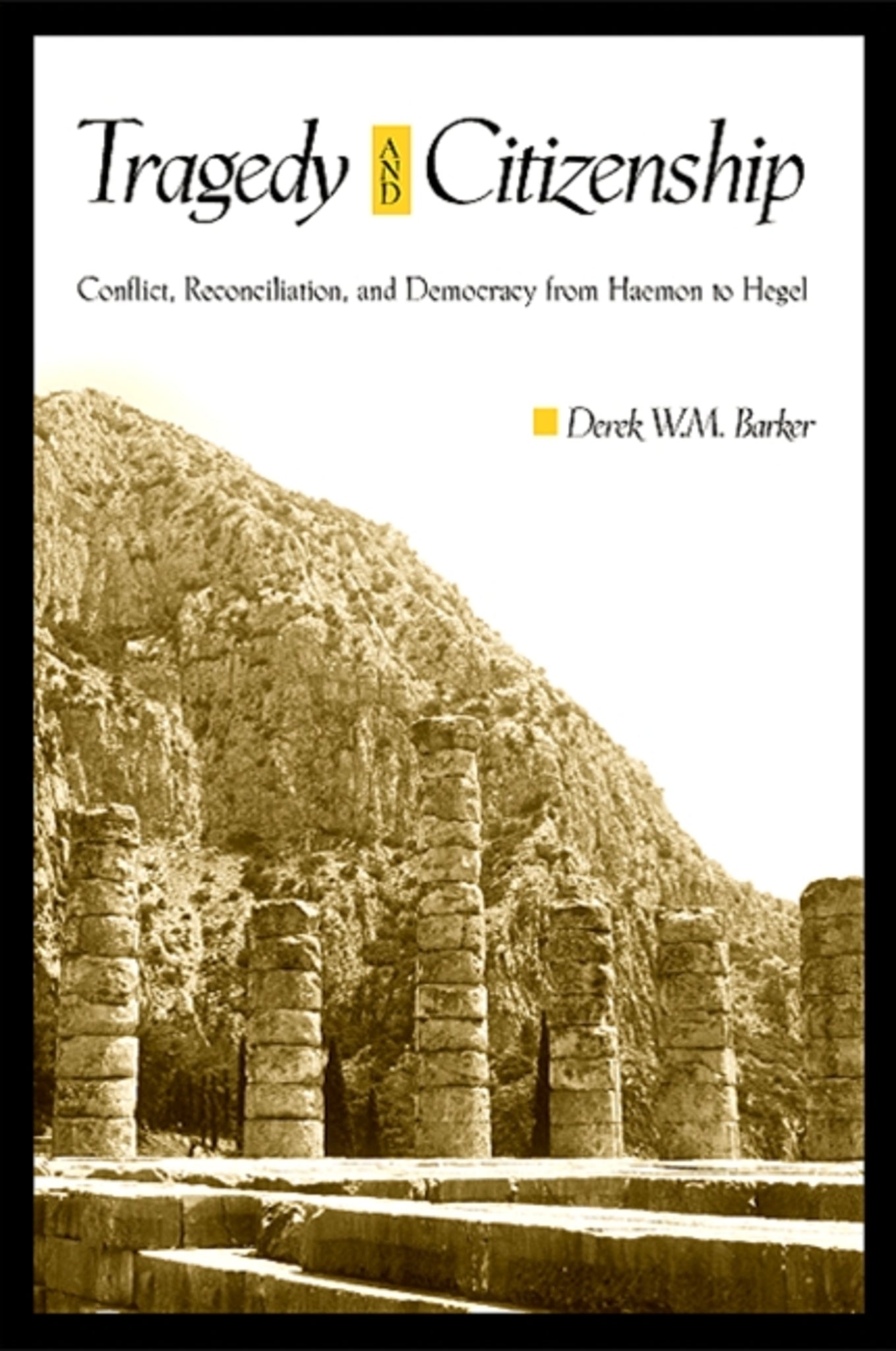We're sorry. An error has occurred
Please cancel or retry.
Tragedy and Citizenship

Some error occured while loading the Quick View. Please close the Quick View and try reloading the page.
Couldn't load pickup availability
- Format:
-
20 November 2008

A study of attitudes towards tragedy in both democratic and nondemocractic political theory.
Tragedy and Citizenship provides a wide-ranging exploration of attitudes toward tragedy and their implications for politics. Derek W. M. Barker reads the history of political thought as a contest between the tragic view of politics that accepts conflict and uncertainty, and an optimistic perspective that sees conflict as self-dissolving. Drawing on Aristotle's political thought, alongside a novel reading of the Antigone that centers on Haemon, its most neglected character, Barker provides contemporary democratic theory with a theory of tragedy. He sees Hegel's philosophy of reconciliation as a critical turning point that results in the elimination of citizenship. By linking Hegel's failure to address the tragic dimensions of politics to Richard Rorty, John Rawls, and Judith Butler, Barkeroffers a major reassessment of contemporary political theory and a fresh perspective on the most urgent challenges facing democratic politics.
Derek W. M. Barker is a program officer at the Kettering Foundation.


Acknowledgments
Introduction: Conflict, Reconciliation, and Citizenship
1. Listening to Haemon: Citizenship in the Antigone
2. Pity, Fear, and Citizenship: The Politics of Aristotle’s Poetics
3. Hegel and the Politics of Reconciliation
4. Redescription as Reconciliation: Richard Rorty
5. John Rawls and Hegelian Political Philosophy
6. Judith Butler’s Postmodern Antigone
Conclusion: Tragedy, Citizenship, and the Human Condition
Notes
Bibliography
Index



